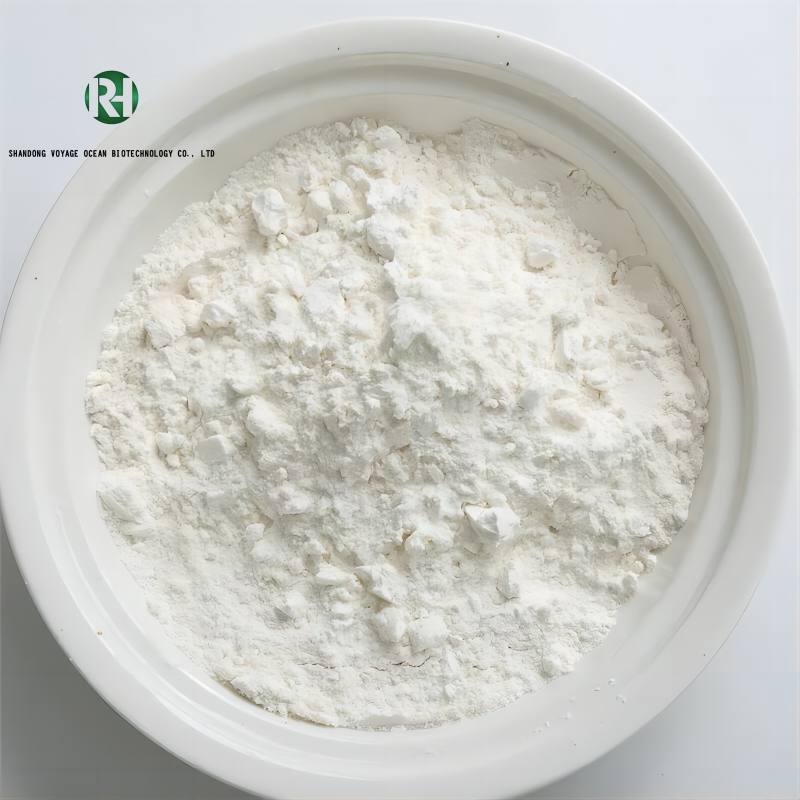-
Categories
-
Pharmaceutical Intermediates
-
Active Pharmaceutical Ingredients
-
Food Additives
- Industrial Coatings
- Agrochemicals
- Dyes and Pigments
- Surfactant
- Flavors and Fragrances
- Chemical Reagents
- Catalyst and Auxiliary
- Natural Products
- Inorganic Chemistry
-
Organic Chemistry
-
Biochemical Engineering
- Analytical Chemistry
- Cosmetic Ingredient
-
Pharmaceutical Intermediates
Promotion
ECHEMI Mall
Wholesale
Weekly Price
Exhibition
News
-
Trade Service
December 7, 2020 // -- Adaptor protein STING and MAVS are important components of the pathogen perception pathway that induce congenital immunity of the body, and phosphorylation of any bridging protein leads to the activation of the type 1 interferon pathway, which is often directly related to fatal inflammatory diseases.
activity of the system, especially congenital immunocellular bridging proteins, must be fine-tuned in order to ensure a suitable and balanced congenital immune balance in infected host immune cells.
Researchers do not yet know the molecular mechanisms by which STING and MAVS phosphorylation are regulated, and how post-translation modifications are manipulated by viruses; in a recent study published in the international journal Science Advances, scientists from the Institute of Biophysics of the Chinese Academy of Sciences and others identified a host protein, phosphoric acid. The enzyme PPM1G, which negatively regulates the congenital immune response mediated by STING and MAVS, also revealed how the kapozi sarcoma-related herpes virus (KSHV) intercepts PPM1G through its shell protein ORF33 for immune escape.
photo source: Dr.DENG Hongyu's group Researchers have previously found that ORF33, a conservative shell protein for herpes virus, is important for the assembly of the γ herpes virus, however, it is not clear whether ORF33 can be used to In this study, researchers first constructed the missing KSHV mutant orF33, which showed that ORF33 inhibited the host's congenital immune response by affecting the functions of the bridging proteins STING and MAVS.
ORF33 can significantly reduce the phosphorylation levels of STING and MAVS, which indicates that ORF33 may be able to dephosphorylation modification of STING and MAVS using the protein phosphatase class of host bodies.
using coimmune precipitation and mass spectrometry techniques, the researchers identified a host protein associated with ORF33 protein phosphatase PPM1G, in which purified PPM1G from primary nucleocytes was able to dephosphorus directly Acidification STING and MAVS, in addition, ORF33 can enhance the interaction between PPM1G and STING or MAVS, the results show that ORF33 can recruit PPM1G to STING and MAVS dephosphorylation modification to inhibit its function.
researchers point out that PPM1G inhibits the IFN beta response of host bodies, and knocking out or knocking down PPM1G can enhance host body defense against DNA and RNA viruses, so PPM1G can negatively regulate DNA and RNA perception pathways.
'In this study, we have revealed that the host protein PPM1G may act as a negative regulator to limit the overactivation of the host body's antiviral congenital immunity, which may reveal a new strategy for viral immune escape, namely KSHV shell protein ORF33, which recruits PPM1G to STING and MAVS dephosphorylation modification, thereby inhibiting the production of INF and host immune response,' the researchers said.
() Original source: Kuai Yu, Huabin Tian, Hongyu Deng, et al. PPM1G restricts innate immune signaling mediated by STING and MAVS and is hijacked by KSHV for immune evasion, Science Advances (2020). DOI:10.1126/sciadv.abd0276。







